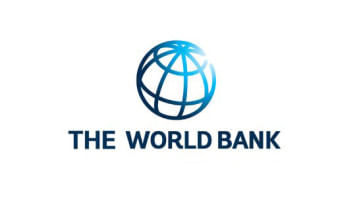Mother’s medication and breastfeeding

It is obvious that a mother taking medication for her illness is concerned about the possible side effect of these drugs upon her child through breast milk. She seeks information from doctors and health workers. The main issue is whether the medication she is taking could harm her baby with toxic components transmitted through breast milk. The national breastfeeding guideline of Bangladesh states to continue or encourage breastfeeding rather than withdrawing it in 'almost every' condition.
There are certain medications which can be transmitted through breast milk. Again, some organisms responsible for disease causation could transmit disease through breast milk. Drugs which can be excreted via breast milk are mainly anti-cancer drugs, anti-thyroid drugs, some psychiatric drugs, some antibiotics and some hormone replacement therapies etc.
Breastfeeding is contraindicated if a mother is taking anti-cancer drugs, anti-thyroid drugs and any medications containing radioactive components. Even in these conditions', emphasis should be given in collecting another mother's milk rather than starting formula or cow's milk. If a mother is taking anti-psychotic or even anti-convulsant drugs she must continue her breastfeeding. Some health workers and even doctors fail to deliver the information that very negligible amount of drug product is transmitted to breast milk, and withdrawing breastfeeding could also be more harmful.
The same is applicable for some antibiotics like sulphonamides, cotrimoxazole, fansidar (anti-malarial drug) and dapsone (used in leprosy and lupus). Possible side effect in a baby is jaundice which should be observed. The mother must consult with her physician for taking alternative drugs (as there might be the scope of another safer drug) if she is taking antibiotics like chloramphenicol, tetracycline, metronidazole, quinolones etc. Oestrogen containing contraceptive and thiazide diuretics (used in hypertension) decrease breast milk supply. Alternative drugs should be prescribed in these conditions.
Counselling and support might help in motivating a diseased mother to continue breastfeeding even while under medication. Nothing is a substitute or better than breast milk. Bangladesh's national agenda is to promote breastfeeding and improve exclusive breastfeeding rate so that we can decrease morbidity and mortality in infants and children stepping toward a healthier and better future.
The writer is a Registrar at the Institute of Child and Mother Health (ICMH), Dhaka. Email: [email protected]

 For all latest news, follow The Daily Star's Google News channel.
For all latest news, follow The Daily Star's Google News channel. 



Comments